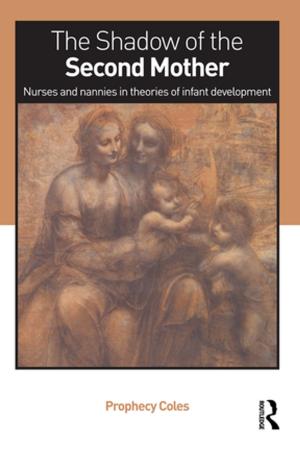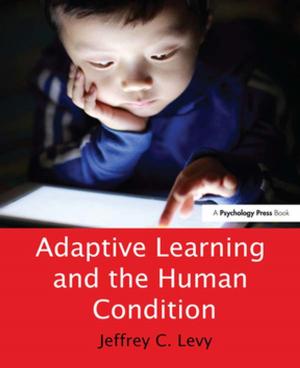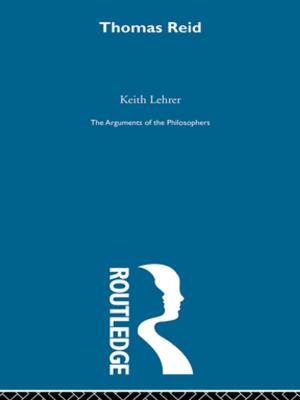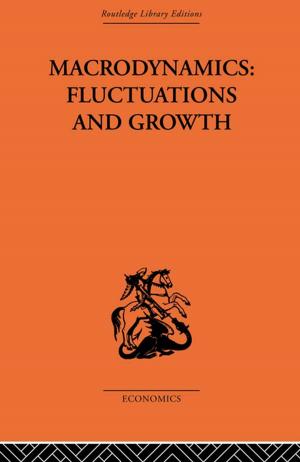Evolution and the Psychology of Thinking
The Debate
Nonfiction, Health & Well Being, Psychology, Cognitive Psychology| Author: | ISBN: | 9781135426316 | |
| Publisher: | Taylor and Francis | Publication: | June 2, 2004 |
| Imprint: | Psychology Press | Language: | English |
| Author: | |
| ISBN: | 9781135426316 |
| Publisher: | Taylor and Francis |
| Publication: | June 2, 2004 |
| Imprint: | Psychology Press |
| Language: | English |
The field of evolutionary cognitive psychology has stimulated considerable interest and debate among cognitive psychologists and those working in related areas. In this collection, leading experts evaluate the status of this new field, providing a critical analysis of its most controversial hypotheses. These hypotheses have far reaching implications for cognition, including a modular view of the mind, which rejects, in its extreme form, any general learning or reasoning abilities. Some evolutionary psychologists have also proposed content-dependent accounts of conditional reasoning and probability judgements, which in turn have significant, and equally controversial, implications about the nature of human reasoning and decision making.
The contributions range from those that are highly critical of the hypotheses to those that support and develop them. The result is a uniquely balanced, cutting-edge evaluation of the field that will be of interest to psychologists, philosophers and those in related subjects who wish to find out what evolutionary considerations can, and cannot, tell us about the human mind.
The field of evolutionary cognitive psychology has stimulated considerable interest and debate among cognitive psychologists and those working in related areas. In this collection, leading experts evaluate the status of this new field, providing a critical analysis of its most controversial hypotheses. These hypotheses have far reaching implications for cognition, including a modular view of the mind, which rejects, in its extreme form, any general learning or reasoning abilities. Some evolutionary psychologists have also proposed content-dependent accounts of conditional reasoning and probability judgements, which in turn have significant, and equally controversial, implications about the nature of human reasoning and decision making.
The contributions range from those that are highly critical of the hypotheses to those that support and develop them. The result is a uniquely balanced, cutting-edge evaluation of the field that will be of interest to psychologists, philosophers and those in related subjects who wish to find out what evolutionary considerations can, and cannot, tell us about the human mind.















